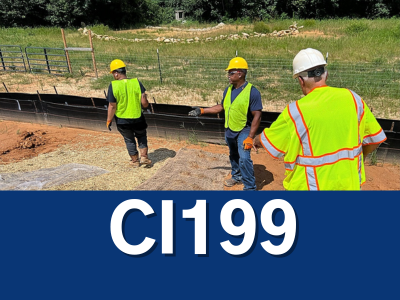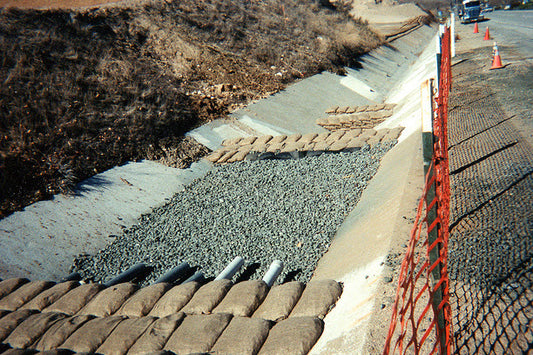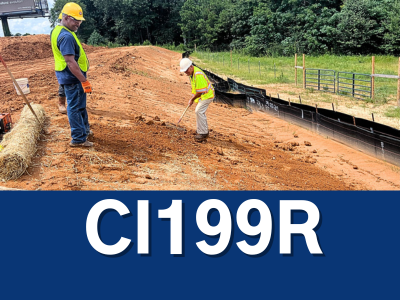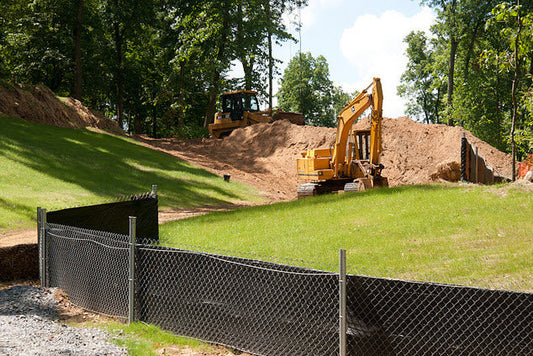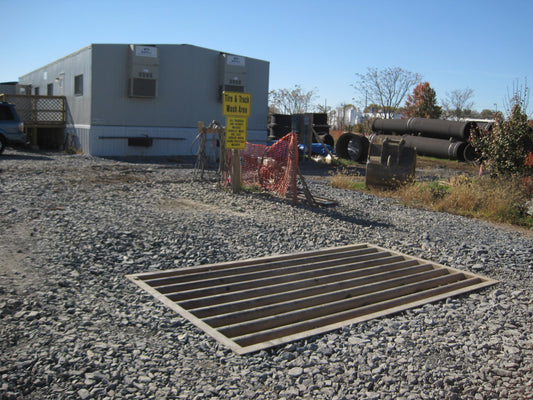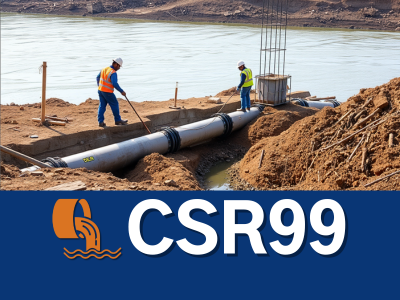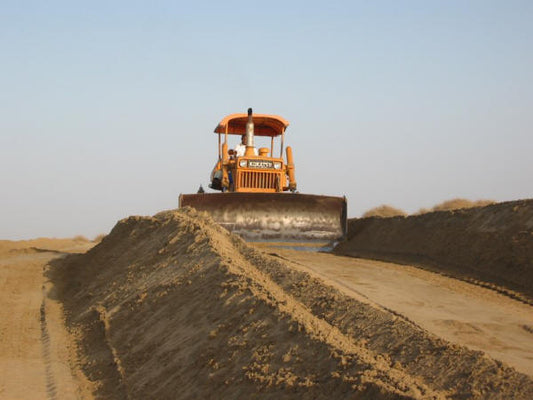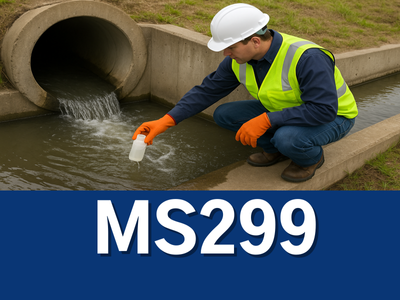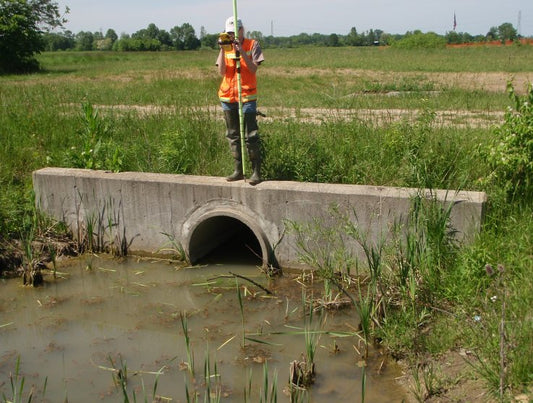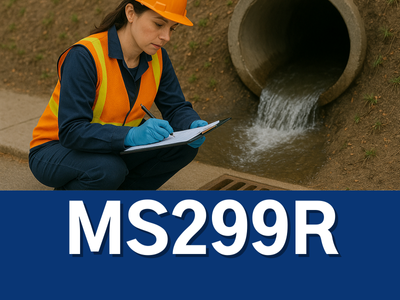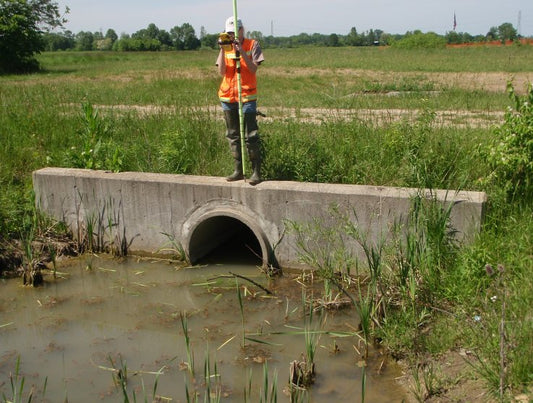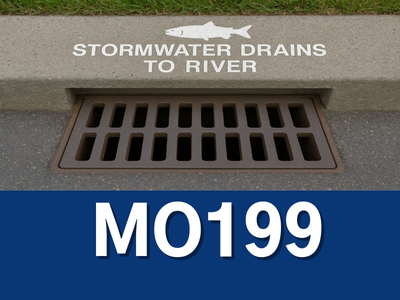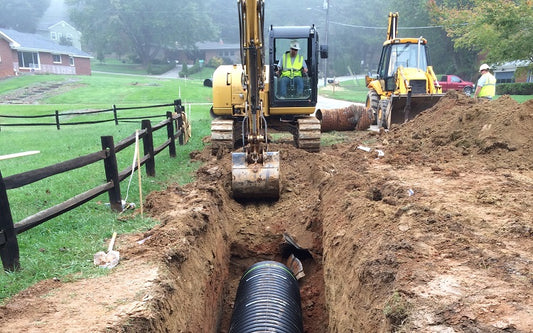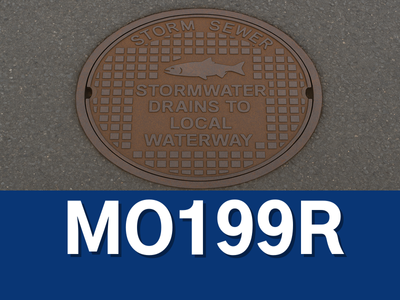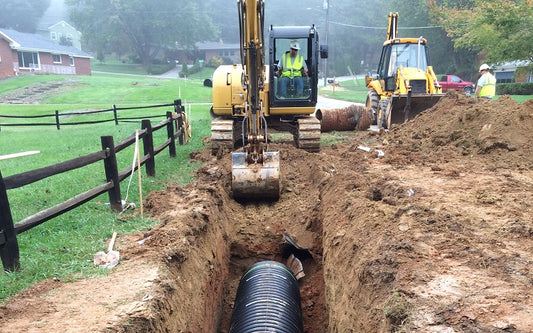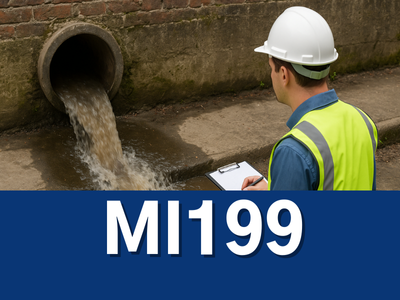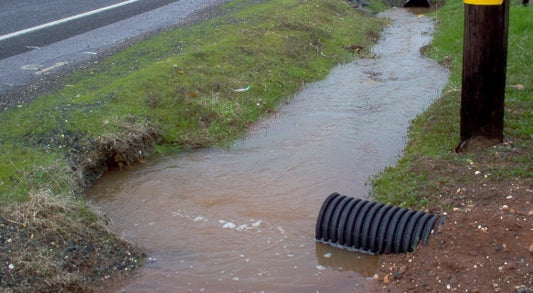The state of Virginia and the Virginia Department of Conservation and Recreation (DCR) were granted delegated authority by the EPA to administer their own “State-Specific” National Pollutant Discharge Elimination System (NPDES) Permitting Program for wastewater and stormwater discharges associated with construction activity, industrial activity as well as Municipal Separate Storm Sewer System (MS4) activity. Because the EPA and The Clean Water Act (CWA) required a program for addressing the pollution caused by stormwater discharges, the Virginia Department of Conservation and Recreation – in coordination with the Virginia Stormwater Management Act – implemented and assumed oversight of the Virginia Stormwater Management Program (VSMP) to fulfill all Clean Water Act and federal EPA mandates. The VSMP provides a process for project owners and operators to attain permit coverage allowing the discharge of stormwater and wastewater into surface waters of the state of Virginia.
“The Virginia Stormwater Management Program includes both erosion and sediment control as well as stormwater management. It was developed to protect citizens, property and natural resources from unmanaged stormwater runoff.”
Under the mandates of the Virginia Stormwater Management Program (VSMP), the Virginia DCR is responsible for the issuance, denial, revocation, termination and enforcement of individual and general VSMP permits for the control of stormwater discharges from construction and industrial activities as well as all discharges entering Municipal Separate Storm Sewer Systems (MS4). Depending on the characteristics of the project site, certain construction activities taking place in the state may require a project site owner or operator to apply for and attain coverage under a VSMP General Permit.
Both the Virginia Stormwater Management Act and the Virginia Stormwater Management Program (VSMP) permitting regulations aim at managing the “quantity” and “quality” of stormwater runoff leaving a construction project as well as managing stormwater discharge on a regional and watershed basis.
-
“Quantity” of Stormwater Runoff – All impervious surfaces (pavement or rooftops) when compared with all pervious surfaces (grassy/vegetated buffers and woodlands) absorb and filter rainfall and reduce stormwater runoff. When vegetated buffers and woodlands are developed and/or disturbed through construction activities, the increase in impervious surfaces increases the amount of runoff that occurs when it rains. This increase in runoff can accelerate the erosion and sedimentation processes and thus compromise Water Quality Standards (WQS) of surface waters set forth by the State.
-
“Quality” of Stormwater Runoff – Pervious and impervious surfaces in urban areas collect pollutants, such as automobile oil, copper from brake pads, and zinc from automobile tires, grease, sediment, bacteria from animal waste, as well as excess nutrients and pesticides. Stormwater runoff with high concentrations of these pollutants may enter nearby drinking water supplies and waterways when it precipitates.
Virginia Stormwater Management Program (VSMP) mandates that any construction project owner or operator whose project will incorporate “construction activities” (clearing, grading and excavation) that either: (1) disturb one acre or more of land; or (2) disturb less than one acre but are part of a larger plan of development or sale must submit a Notice of Intent (NOI) as well as develop and submit a comprehensive Storm Water Pollution Prevention Plan (SWPPP) and apply for coverage under the VSMP General Permit.
If the construction site requires a VSMP General Permit, the project site owner or operator must complete and submit a Notice of Intent (NOI) for coverage under the VSMP General Permit for Discharges of Stormwater from Construction Activities before commencing any land disturbing activities. The project owner or operator is also required to develop and implement a Storm Water Pollution Prevention Plan (SWPPP) that identifies stormwater pollution sources, reduce their impacts, and comply with the conditions of the general permit. The SWPPP must also be prepared in accordance with good engineering practices and is required to be comprised of all project information, including: Best Management Practices (BMPs); inspection and maintenance reports; controls for non-stormwater discharges; and a description of permanent stormwater Best Management Practice (BMP) controls that will be implemented as part of the project.




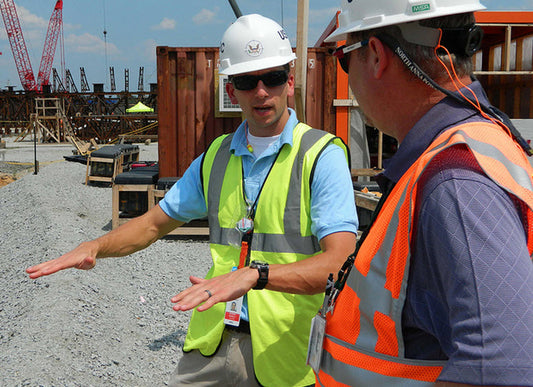

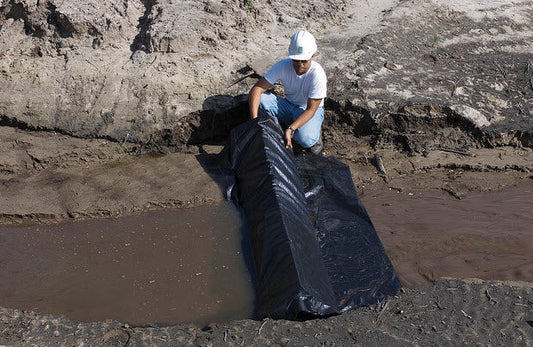

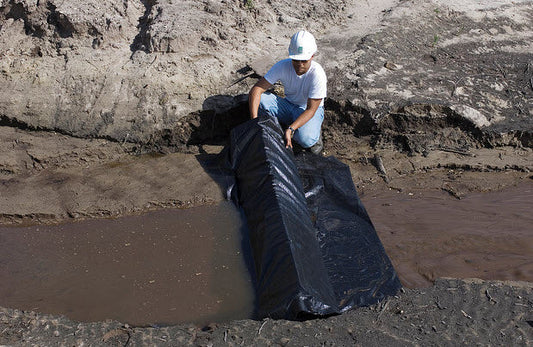

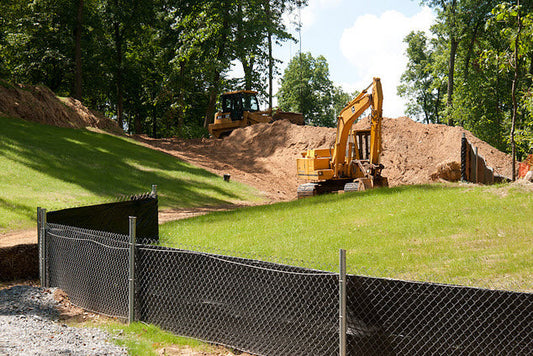

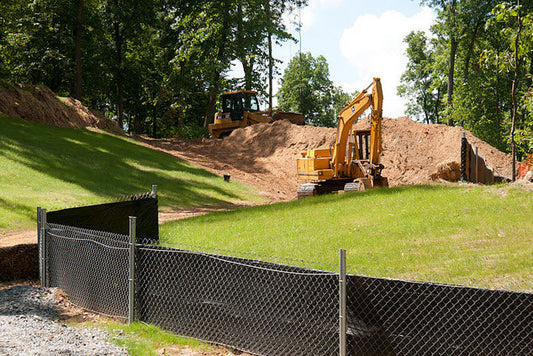
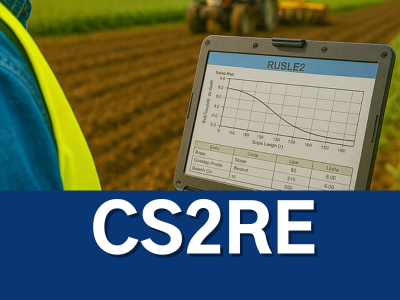
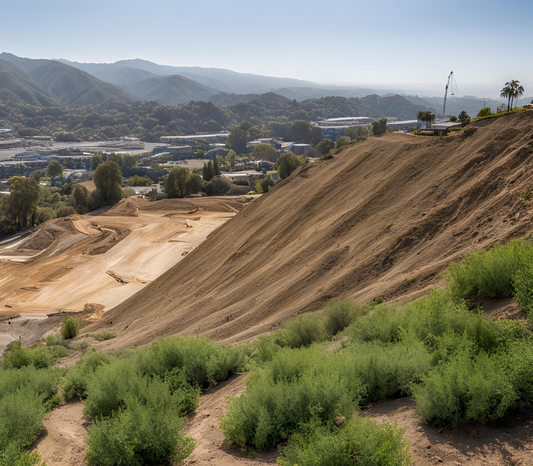

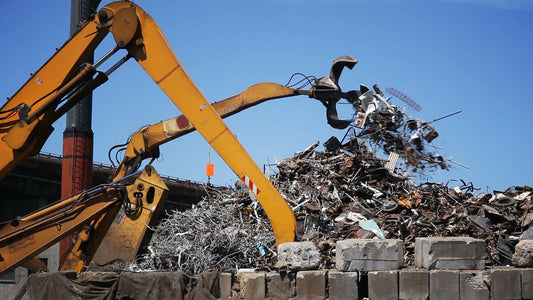




![Stormwater Management for Construction Activities - ADVANCED (Contractors, Field Maintenance, Foreman) [U.S.]](http://stormwaterone.com/cdn/shop/files/CI199A.png?v=1758811709&width=533)
![Stormwater Management for Construction Activities - ADVANCED (Contractors, Field Maintenance, Foreman) [U.S.]](http://stormwaterone.com/cdn/shop/files/214_4333_Swale_20and_20Sand_20Bags_0bb88123-72fa-40b8-8f8d-e3d7edc4b279.jpg?v=1758811709&width=533)
